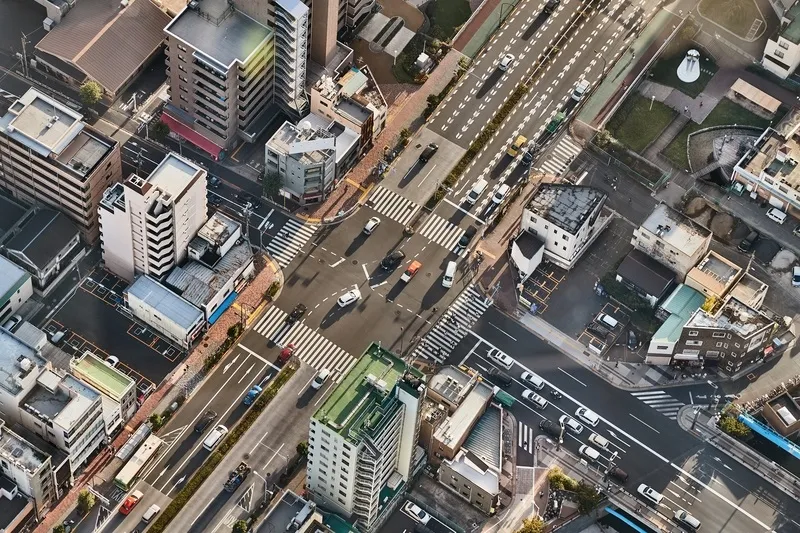
A collaboration with Amazon Web Services, Intelligent Intersections provides a dashboard for traffic engineers to visualise information and deploys an algorithm to automate retiming of traffic signals.
The solution will be deployed in four US cities: Fort Smith, Arkansas; Austin, Texas; Westminster, Colorado; and Walnut Creek, California.
These pilot programmes are expected to reduce travel delays, improve driver satisfaction and bolster road safety efforts.
Parsons says that, before the coronavirus lockdown, congestion cost the US 6.3 billion hours, 30 million tonnes of greenhouse gas (GHG) emissions and $88 billion dollars in productivity each year.
Retiming signals can reduce congestion at intersections by up to 40% - which reduces GHG emissions by an estimated 4.9 million tonnes per year and lowers annual productivity losses by an estimated $27 billion, the company suggests.
“The Covid-19 pandemic has reinforced the need for agility, efficiency and predictability in all aspects of life, including how cities manage the flow of traffic,” said Andrew Liu, Parsons senior vice president, smart cities.
“The Intelligent Intersections tool is designed to improve mobility, whether that means reducing congestion at the peak of rush hour or cycling through signals more effectively as traffic rises back toward pre-Covid-19 levels."
Liu concludes: "By unlocking the data available at intersections, our solution allows traffic engineers to re-time signals up to 20 times more frequently and make more efficient, effective traffic management decisions.”









